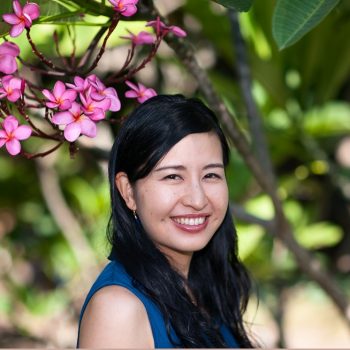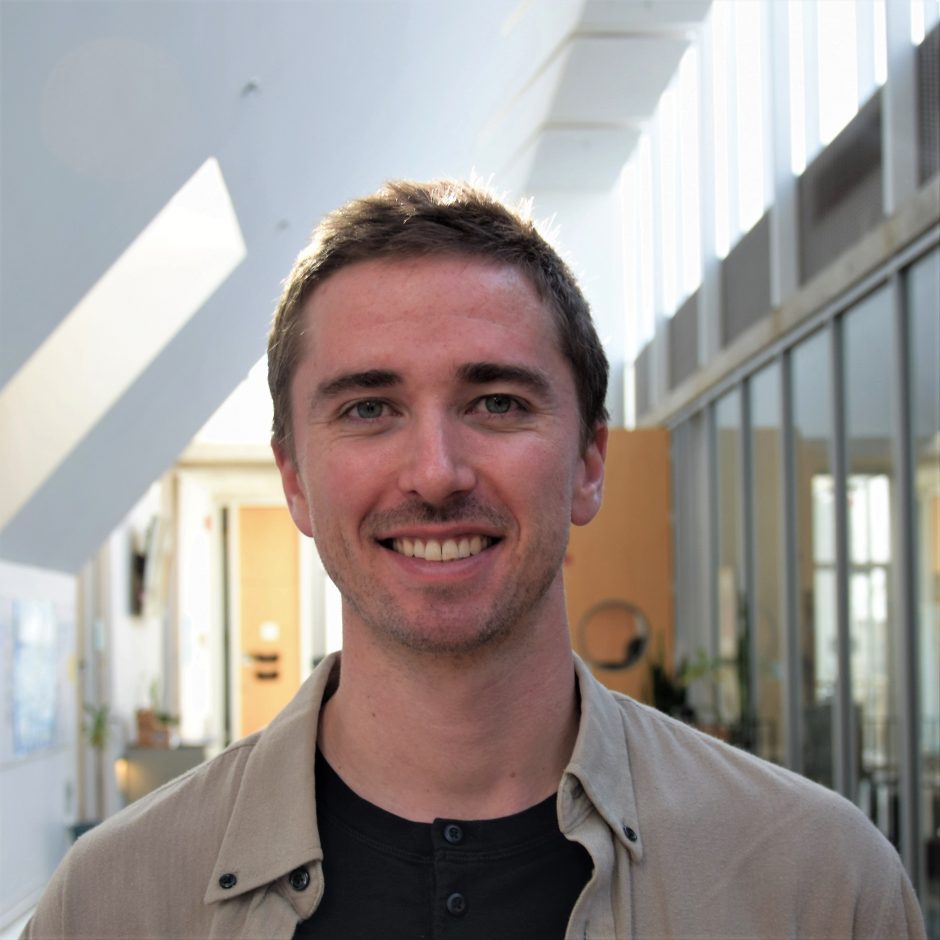1. The impact of conservation messaging on the exotic pet trade across diverse audience segments
2. Circular Economy for Plastics: social and environmental implications of a nebulous idea
Time: 12:30pm to 1:30pm
Location: AERL Theatre, Room 120, 2202 Main Mall.
View video here.
Talk summary:
Global trade in exotic pets threatens biodiversity. Past behavioral interventions for tackling the wildlife trade have only examined population-level effects, while overlooking individual differences within a given population. This study develops a novel audience segmentation approach to test the impact of conservation messaging on reducing demand for exotic pets and promoting public support for policy change. We identified four segments from a sample of U.S. participants (early adopters, early majority, late majority, and laggards), representing varying levels of commitment to wildlife conservation, and randomly assigned them to one of three messaging conditions. Messages highlighting the negative consequences of the exotic pet trade reduced demand among all segments except for early adopters, while messages emphasizing the power of collective action only motivated the early majority to sign petitions. The four segments also showed different patterns of reasoning for action and inaction. These findings help target conservation campaigns to diverse audiences.

Bio:
Rumi Naito is a PhD candidate at the Institute for Resources, Environment and Sustainability, University of British Columbia. Her research focuses on the intersection between human behavior, biodiversity conservation, and transformative change. She applies insights from behavioral science and sociology to design and assess interventions for promoting wildlife conservation actions and to explore pathways towards sustainability. Prior to her PhD, Rumi worked in Indonesia as a senior project manager on conservation projects concerning collaborative land-use planning and reducing emissions from deforestation and forest degradation (REDD+). She holds a Master’s degree in International Affairs from Columbia University in New York.
Talk summary:
A circular economy for plastics is being put forth globally to manage plastic waste. The circular economy idea, however, is nebulous, and contested definitions of what it means to be “circular” are utilized by actors depending on diverging perspectives and needs. Moreover, the framing of circularity decides which actions are perceived to be required to achieve a circular economy. This study seeks to analyze dominant conceptualizations of circularity of plastics and the related proposed actions in order to clarify social and environmental implications of different conceptualizations.
To this end, semi-structured interviews are conducted with individuals with responsibility for plastics management in municipal, provincial, and federal governments, as well as those knowledgeable about the topic in ENGOs and the plastics industry. Thematic analysis and Calisto-Friant et al.’s typology of circular discourses are used to identify and categorize framings of circularity.

Bio:
Josh completed his undergrad at Queen’s University in Global Development with a minor in Environmental studies. His undergrad focused on the practice of shifting the environmental burden of extraction to “developing” nations in order to conserve natural space in “developed” nations. Josh’s master’s thesis explores different conceptualizations of a circular economy for plastics amongst influential actors to understand the social and environmental implications. Josh is an Egesta Lab member, is a coordinator for UBC’s Microplastics Cluster, and is supervised by Dr. Gunilla Öberg. While at UBC, he has also completed two sustainability internships: with Technical Safety BC and Recycling Alternative.